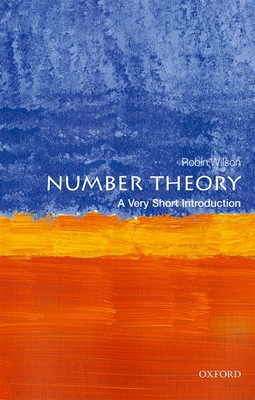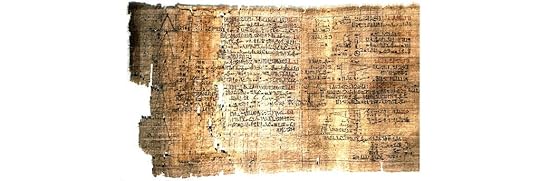What do you think?
Rate this book


144 pages, Paperback
Published August 1, 2020

Clear, concise, and surprisingly fun — a great introduction to number theory for curious readers.
Robin Wilson’s Introduction to Number Theory offers an engaging and approachable tour through one of the oldest and most fascinating branches of mathematics. Whether you're a student brushing up or just a math enthusiast, this book lays out the essentials with clarity and charm.
Some of the highlights include: Perfect Numbers: Numbers equal to the sum of their proper divisors, like 6 and 28. Prime Numbers: The building blocks of arithmetic—divisible only by 1 and themselves. Squares and Cubes: Powers of integers like 4 (=2²) and 27 (=3³). Triangular Numbers: Sums of consecutive integers (1+2+3...) and their link to geometry. Pythagorean Theorem: Right triangle rule: a² + b² = c². LCM and GCD: Finding the smallest multiple and greatest divisor of two numbers. Euclid’s Algorithm: A timeless method to compute the GCD. Divisor Tests: Simple tricks to check if a number is divisible by 2, 3, 9, 11, and so on. Casting Out Nines: A neat arithmetic check using mod 9. Infinitude of Primes: Euclid’s classic proof that there are infinitely many primes. Prime Varieties: Euler’s primes, Mersenne primes (2ᵖ − 1), and Fermat primes (2²ⁿ + 1). Mills' Constant: The mysterious constant A such that ⌊A³ⁿ⌋ is always prime. Modular Arithmetic: Clocks (mod 12), days of the week (mod 7), and solving congruences. Calendars: How the Gregorian calendar cycles repeat every 400 years—and weekdays every 28.
Wilson weaves mathematical history and logic into short, digestible chapters. You don’t need a math degree to follow along, but if you love numbers, you'll find plenty to enjoy.
Recommended for: High school and college students, puzzle lovers, and anyone who wants to see why math has fascinated thinkers for millennia.